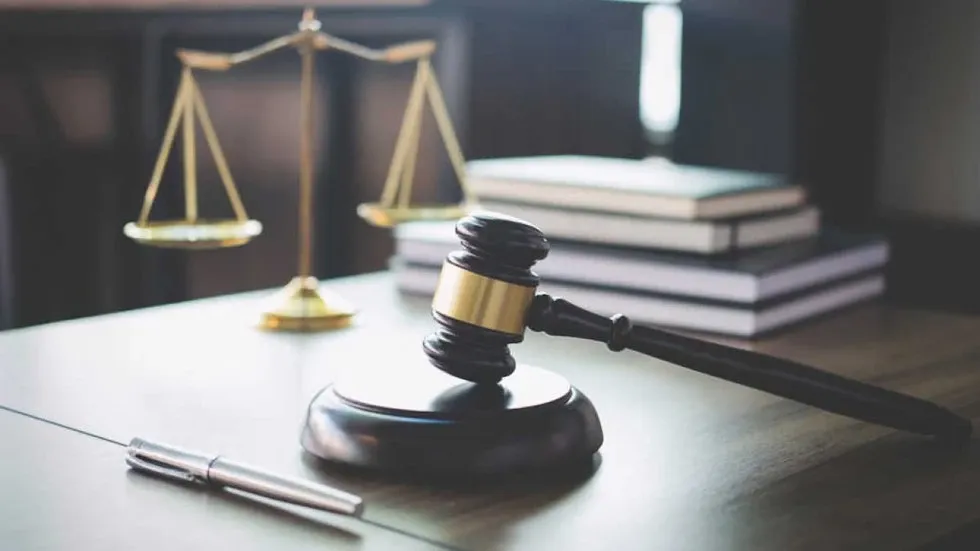About Curative Petition:
- It is the final and last option for the people to acquire justice as mentioned and promised by the Constitution of India.
- It is a way to ask the court to review and revise their own decision, and it is filed after a review petition is dismissed or used.
- Objective: It is meant to ensure there is no miscarriage of justice and to prevent abuse of process.
- Background
- The concept of curative petition originated from the case of Rupa Ashok Hurra Vs. Ashok Hurra and another case (2002) where the following question arose before the court of law: ‘whether an aggrieved person is entitled to any relief against the final judgment/order of the Supreme Court, after the dismissal of a review petition?’.
- In this case, a five-judge constitution bench of the Supreme Court unanimously held that in order to rectify gross miscarriage of justice, the court will allow the curative petition filed by the victim.
- Constitutional Background
- The Article 137 of the Indian Constitution broadly supports the idea of a curative petition.
- It states that the “Supreme Court has the power to review any judgment pronounced (or order made) by it if the matter concerns the laws and rules made under Article 145″.
- These petitions can be entertained if the petitioner establishes there was a violation of the principles of natural justice, and that he was not heard by the court before passing an order.
- It will also be admitted where a judge failed to disclose facts that raise the apprehension of bias.
- Hearing of Curative petitions
- A curative petition must first be circulated to a bench of the three senior-most judges and the judges who passed the concerned judgment, if available.
- Only when a majority of the judges conclude that the matter needs hearing should it be listed, as far as possible, before the same bench.
- A curative petition is usually decided by judges in chamber, unless a specific request for an open-court hearing is allowed.
- It shall be open to the Bench at any stage of consideration of the curative petition to ask a senior counsel to assist it as amicus curiae.
- In the event of the bench holding at any stage that the petition is without any merit and vexatious, it may impose exemplary costs on the petitioner.
Q1) What is a writ?
It is a formal, legal document that orders a person or entity to perform or to cease performing a specific action or deed.
Source: Allowing curative plea, how Supreme Court pushes the envelope
Last updated on February, 2026
→ UPSC Notification 2026 is now out on the official website at upsconline.nic.in.
→ UPSC IFoS Notification 2026 is now out on the official website at upsconline.nic.in.
→ UPSC Calendar 2026 has been released.
→ UPSC Final Result 2025 is expected to be released in the second week of April 2026.
→ Check out the latest UPSC Syllabus 2026 here.
→ Join Vajiram & Ravi’s Interview Guidance Programme for expert help to crack your final UPSC stage.
→ UPSC Mains Result 2025 is now out.
→ UPSC Prelims 2026 will be conducted on 24th May, 2026 & UPSC Mains 2026 will be conducted on 21st August 2026.
→ The UPSC Selection Process is of 3 stages-Prelims, Mains and Interview.
→ Prepare effectively with Vajiram & Ravi’s UPSC Prelims Test Series 2026 featuring full-length mock tests, detailed solutions, and performance analysis.
→ Enroll in Vajiram & Ravi’s UPSC Mains Test Series 2026 for structured answer writing practice, expert evaluation, and exam-oriented feedback.
→ Join Vajiram & Ravi’s Best UPSC Mentorship Program for personalized guidance, strategy planning, and one-to-one support from experienced mentors.
→ Check UPSC Marksheet 2024 Here.
→ UPSC Toppers List 2024 is released now. Shakti Dubey is UPSC AIR 1 2024 Topper.
→ Also check Best UPSC Coaching in India




















